Our sport is gear-heavy, no doubt, but even so, there’s gear every diver should know how to use. Although many of the below pieces of gear are optional, nonetheless it’s best to be prepared. Here are our top 10 picks essential accessories.
1. DSMB
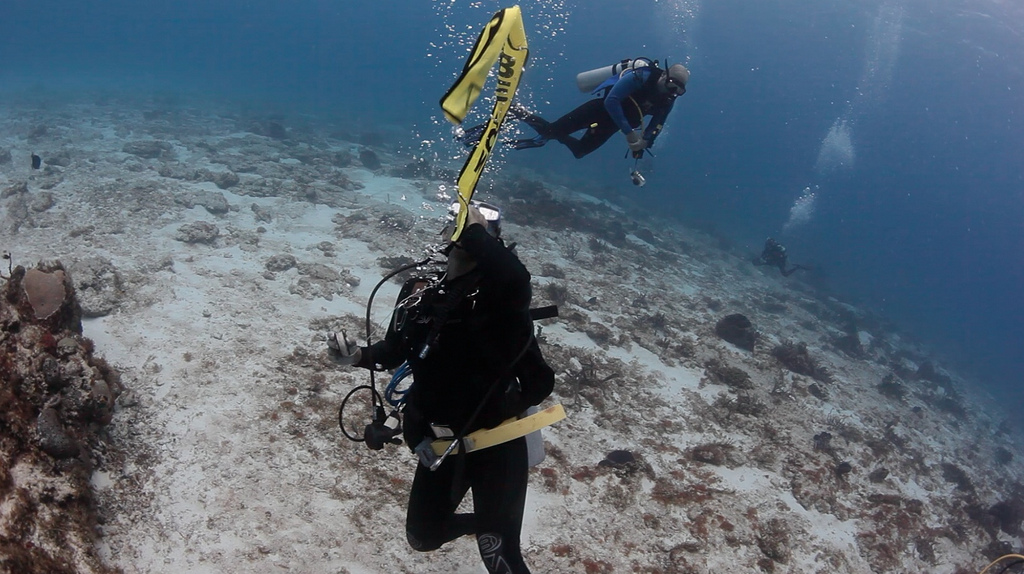 A delayed surface marker buoy (DSMB), or safety sausage, is a long, tube-shaped balloon, usually orange, that you inflate underwater with your regulator or octopus, sending it to the surface to signal the dive boat or someone on shore of your presence. It is often used in situations of moderate to high current to let the Zodiac know where you are after a dive ends. But simple as it sounds, it can be tricky to use these properly, and divers tend to get tangled up in the line or to ascend uncontrolled along with the DSMB, so practice is important.
A delayed surface marker buoy (DSMB), or safety sausage, is a long, tube-shaped balloon, usually orange, that you inflate underwater with your regulator or octopus, sending it to the surface to signal the dive boat or someone on shore of your presence. It is often used in situations of moderate to high current to let the Zodiac know where you are after a dive ends. But simple as it sounds, it can be tricky to use these properly, and divers tend to get tangled up in the line or to ascend uncontrolled along with the DSMB, so practice is important.
2. Jonline
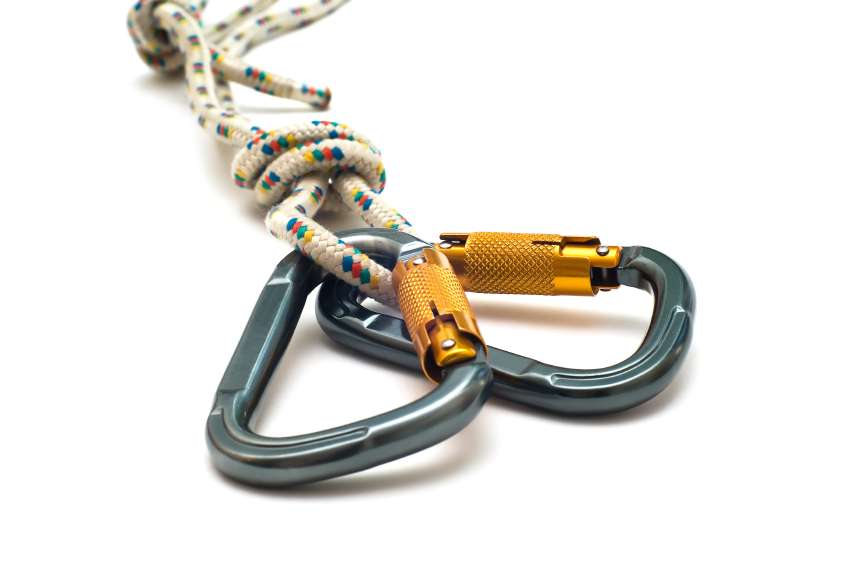
A jonline is a simple hook or carabiner attached to about 6 feet of webbing. If you’re stuck on a shot line during a safety stop with lots of other divers, it can be difficult for everyone to stay within the safety-stop zone. By attaching the jonline to the shot line, you can move away from the shot line without being carried off by a current, leaving more room for everyone else.
3. VHF radio
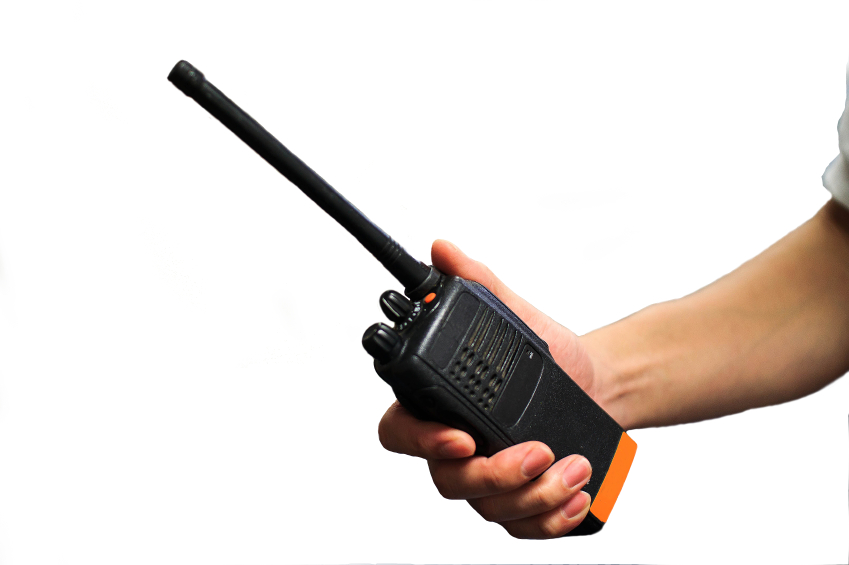
The simple VHF radio is still the most commonly used in marine communication, and it works even when out of reach of cell-phone towers. Learn how to operate one, and learn the proper procedures for making a call. In an emergency, it could be a critical skill.
4. Snorkel
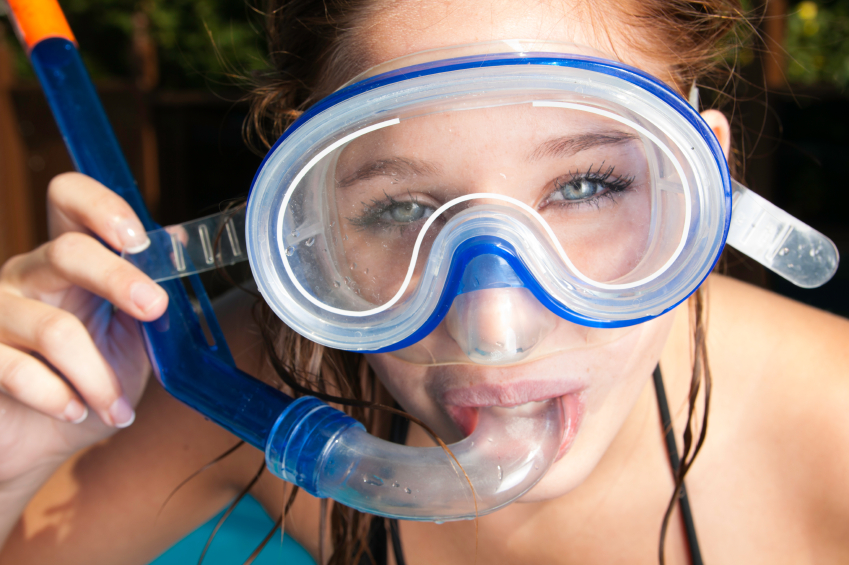
I’m not the world’s biggest fan of snorkels, but if you do bring one, make sure you know how to use it. Take the time to learn how to breathe effectively in it, how to clear it, and how to place it properly so it doesn’t get in your way. I’ve seen a number of people nearly drown from inefficient snorkel clearing.
5. Trauma shears
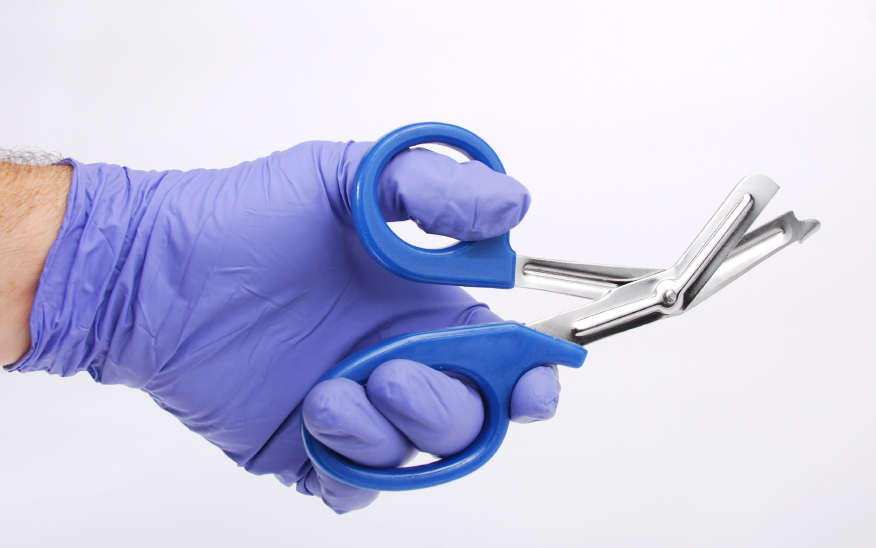
Knives are popular, but often trauma shears can be even more effective. They can be operated with one hand, even while cutting a line; there’s less risk of inflicting damage on yourself or others; and there is less potential for legal issues when traveling.
6. Line reel
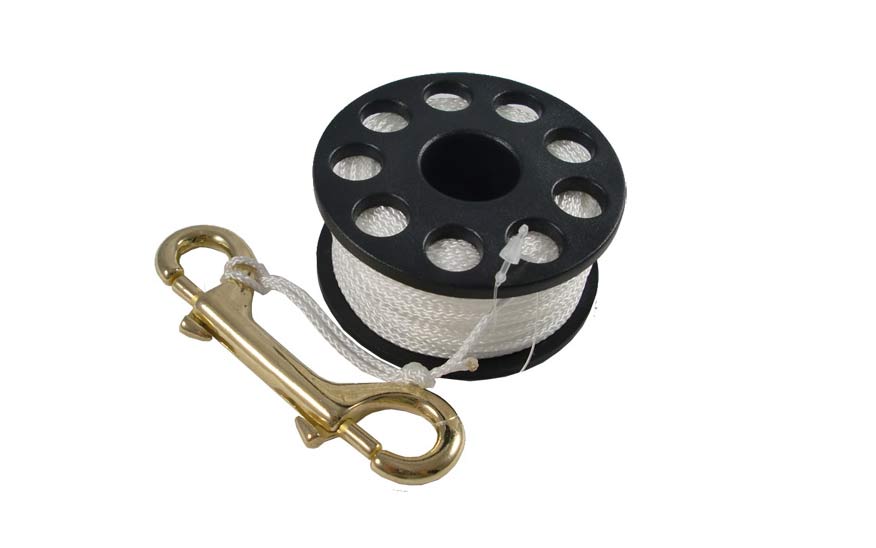
Line reels are one of the multi-tools of scuba diving. Often used for an easy return to a specific point, such as an ascent point or an exit point in a wreck or cave, or to tether onto a surface buoy, they are inexpensive and reliable. They do tend to get into a tangled mess if you’re not vigilant, so learning proper line-handling skills is important.
7. Signaling mirror
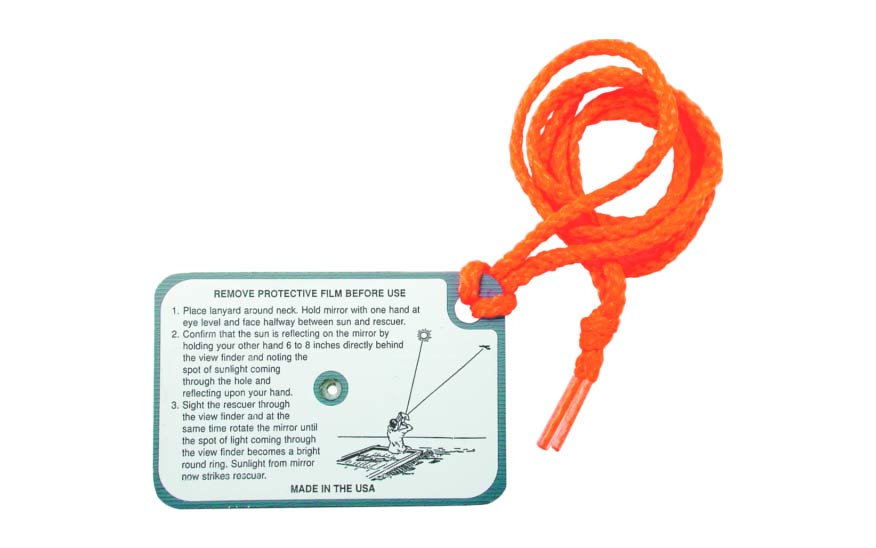
A diver on the surface doesn’t have a very large profile, making him hard to spot even for people who are actively looking. And the ambient sounds at sea make it nearly impossible to shout loud enough to get someone’s attention. So if you need to communicate with someone, either on land or on a boat, a simple signaling mirror can do the trick, even over fairly long distances. At night, a powerful dive torch can do the same.
8. Dive computer
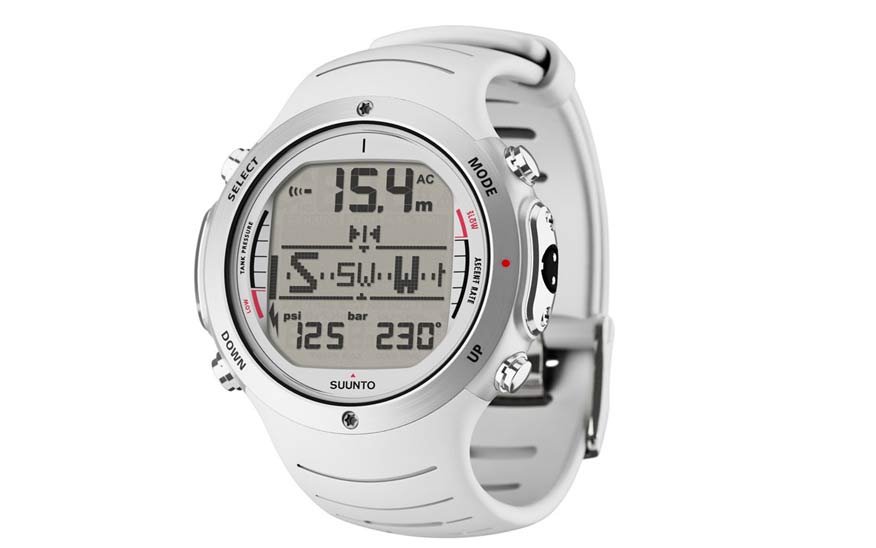
Most people have computers, but few take the time to get to know their functions. Nothing is more disconcerting than seeing a warning go off during a dive and having no idea what it means. Read the instruction manual thoroughly and get to know your new dive computer’s functions.
9. Reef hook
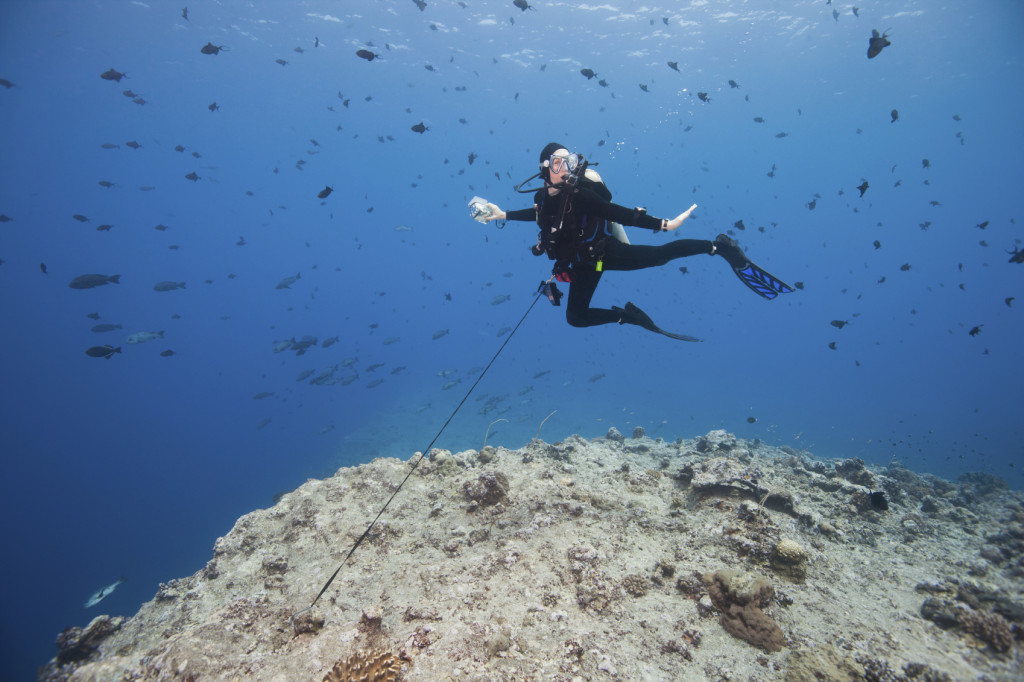
A controversial piece of equipment, the reef hook is used to hold on to a reef if you need to come to a stop in a strong current, either to wait for a potential marine life sighting, to prevent yourself from being swept away, or as part of a safety stop. If used incorrectly, they can damage sensitive coral reefs, but when used correctly they can be a lot less damaging than holding on to the reef with your hand. Place them only on the rocky part of a reef, and check for plant or animal life first.
10. Common sense

While not, strictly speaking, a piece of gear, common sense is still the single most important thing to use before, during and after a dive. Remember your training, respect your limitations and don’t do anything stupid. This, more than anything, will keep you safe.

